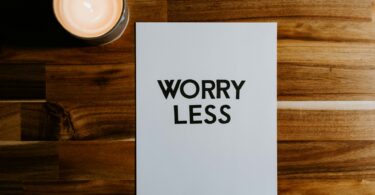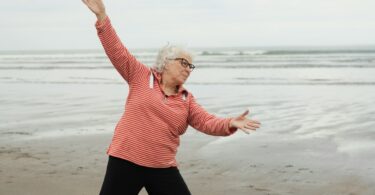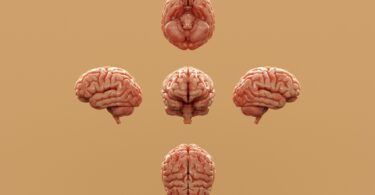Jillian Wilson writes for the Huffington Post on a new federal study that highlights both the...
Living well
Health care in Austria: A lesson in the virtues of relaxation
Saskia Solomon reports for The New York Times on health care in Austria, where the focus is on...
Reduce your risk of diabetes, eat healthy
Diabetes is most prevalent among people over 65. As many as 26 percent of older Americans have...
AI wearable robot can help stroke patients move
Neurodegenerative diseases, such as ALS and stroke, often result in lack of motor function. It...
Early to bed means a more active lifestyle
New research out of Monash University in Australia finds that people who go to bed earlier tend to...
When to worry you have dementia and when not?
As we age, we are more likely to struggle to remember things. That doesn’t mean we have...
How to extend your “joyspan”
As Americans get older, aging has become a very “in” topic. People are focused on long...
How to slow down the aging of your brain
In a piece for the Wall Street Journal, Alex Janin reports on how changes in your lifestyle can...
An ancient trick to help your recall
If you’re like me, you sometimes struggle to remember what it is you need to do five seconds...
Why exercise in the water?
Exercising in the water is good for sore muscles, joints and bodies. It’s especially good for...










